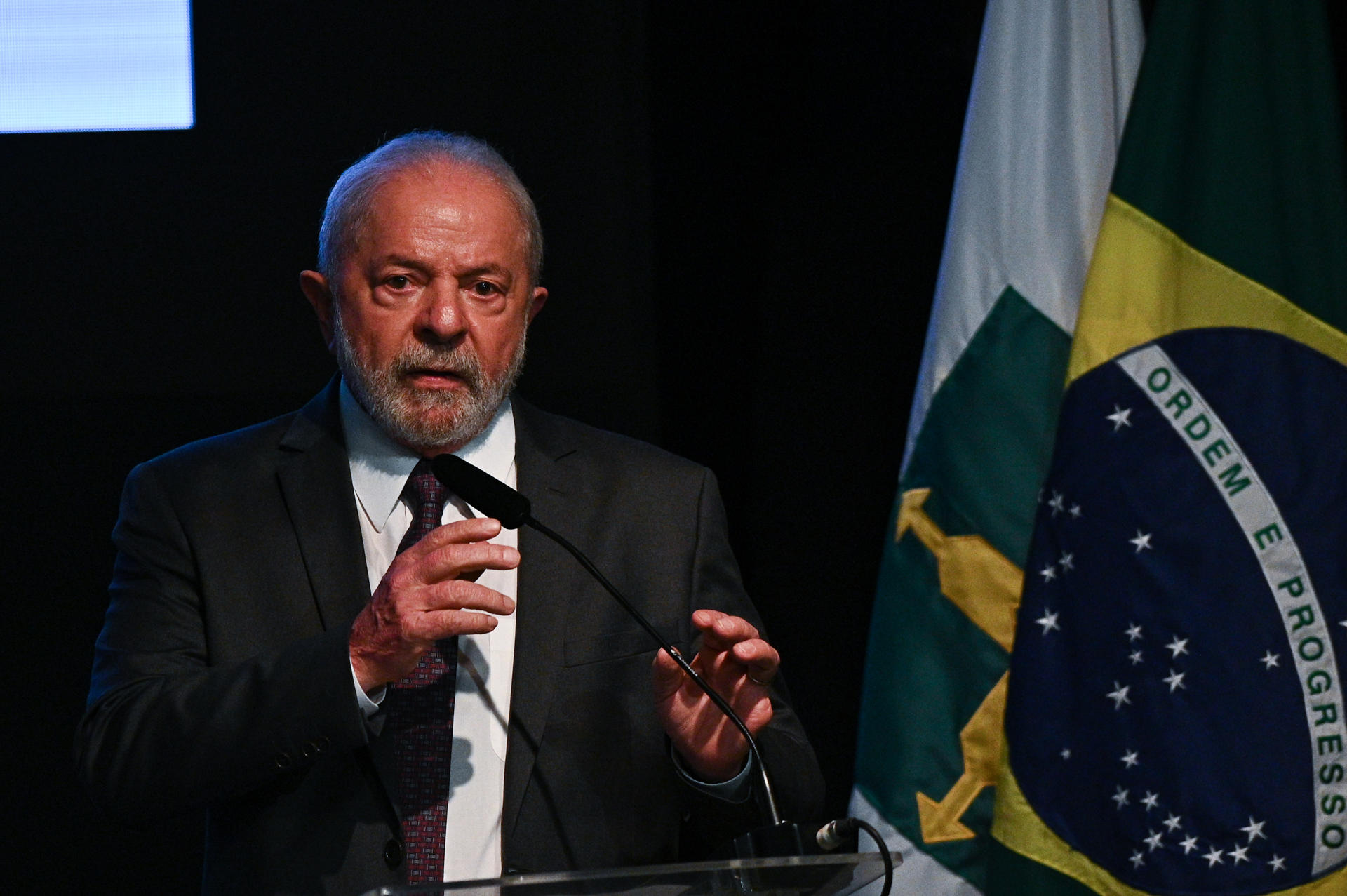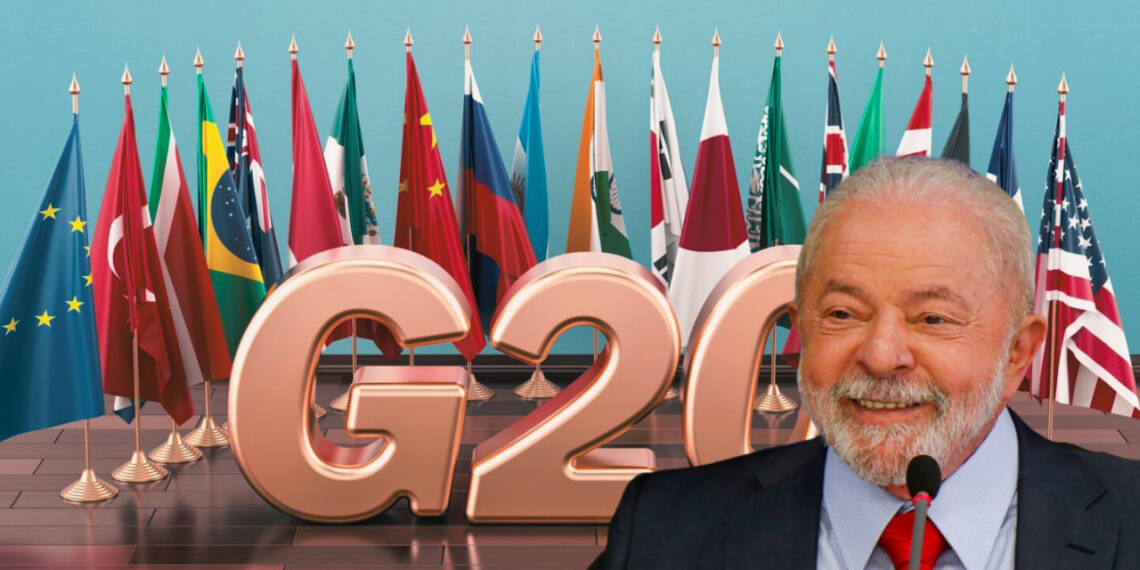Brazil is set to chair the G20 in 2024 and its Chancellor, Mauro Vieira, has invited the governments of Uruguay and Paraguay to collaborate and support Brazil during its tenure.
The invitation was extended to Uruguayan officials during their visit to Brasília, and to Paraguayan Chancellor, Julio César Arriola, during his meeting with Vieira. The move is ground breaking.
The G20 was founded in 1999 to bring together countries from the Global North and the Global South to discuss issues of economic cooperation and development.
Lately, G20 summits are happening in the countries of the Global South. It began with Indonesia in 2022, India in 2023, Brazil in 2024, and South Africa in 2025. Post-colonial states generally have a complicated attitude towards the West; admiration and envy coexist with a belief that the West is in decline.
The G20 is bound to have a far better understanding of the concerns of the Global South. The G7 cannot treat this as an extension of its arm or an instrument to advance its interests.

Brazil, as the chair of the G20, will have the prerogative to invite other allied countries to join its work, and it seems that Uruguay and Paraguay are eager to collaborate. This provides an opportunity for the entire Mercosur bloc (or the Southern Common Market) to participate in G20.
Read more: Ahmed Shehada: The unexpected pawn in US’ hands against Brazil
This will not only provide a platform for the Mercosur states to express their concerns, but also to discuss issues that are of importance to the Global South.
Brazil’s invitation is part of a larger strategy to promote free trade and economic integration among its member countries. It has implemented a common external tariff on goods imported from outside the bloc and has also established common trade policies and regulations to facilitate trade among its members. This move has the potential to strengthen regional cooperation and integration, particularly as the Mercosur bloc has faced a number of challenges, such as political instability, economic slowdown, and natural disasters in recent years.

The move also signals Brazil’s commitment to work with other regional forums such as UNASUR [Union of South American Nations], MERCOSUR and the Amazon Cooperation Treaty Organization to project environmental protection, social welfare and social justice as regional and global issues.
Brazil’s invitation also presents an opportunity for Brazil to demonstrate its leadership within the region and on the world stage. It may also pave the way for the BRICS countries to take the lead in negotiating the Russia-Ukraine crisis. It is yet to be seen how the West will respond to Brazil’s move, but it has already created ripples in the global political arena.
https://www.youtube.com/watch?v=PPofmkPZrOA








